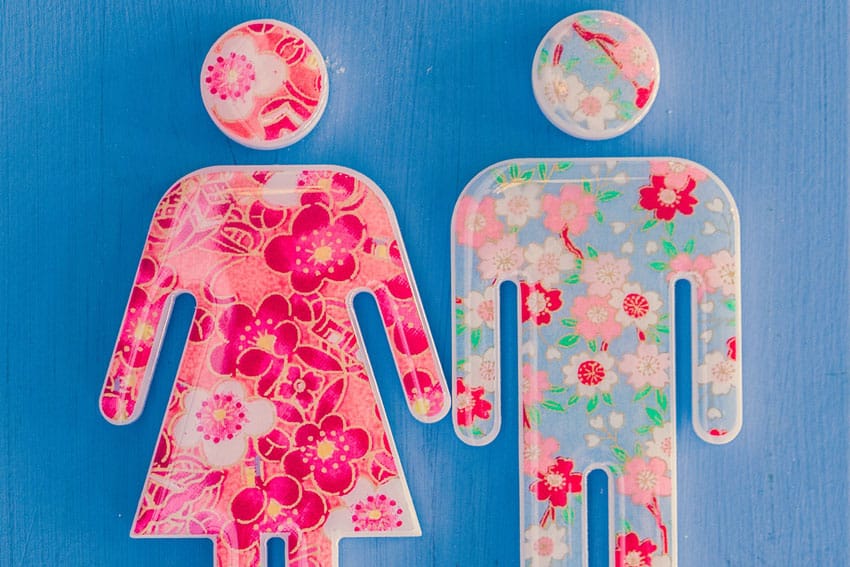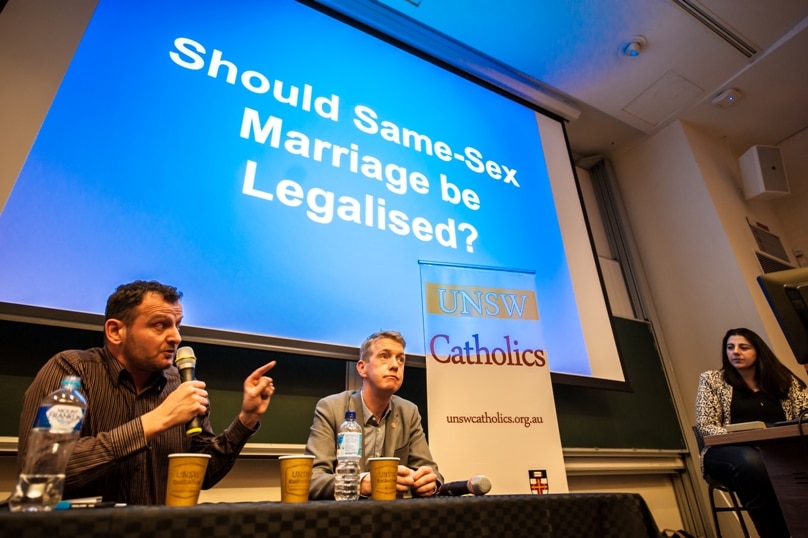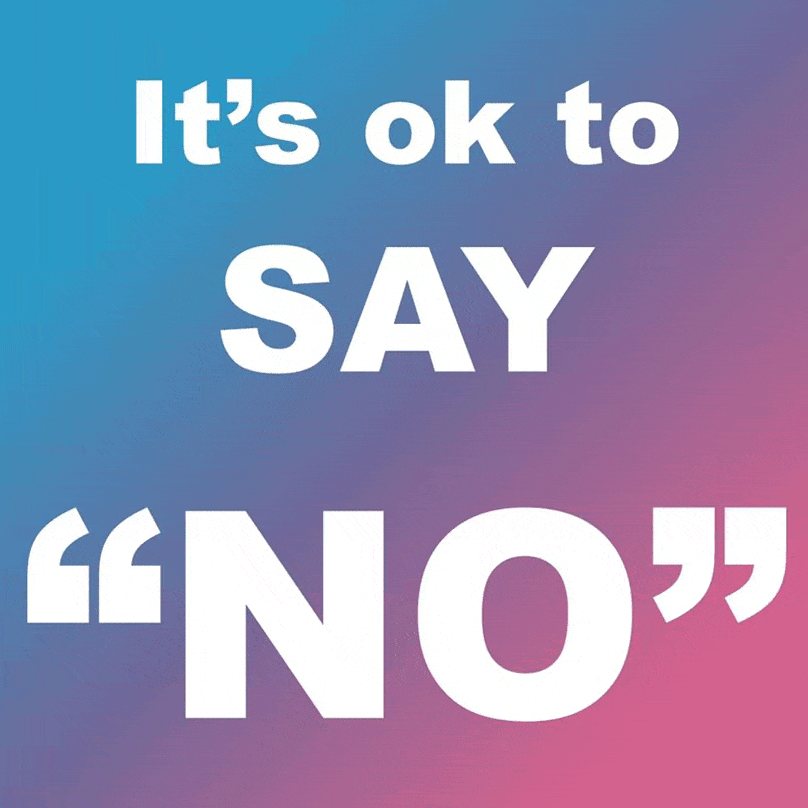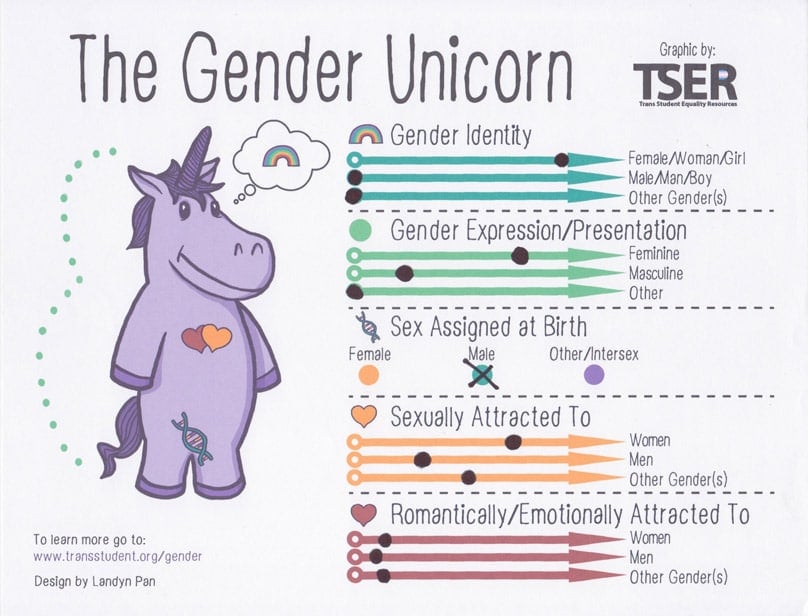 As many of you know, I spent the better part of last year working for the Coalition for Marriage; the official ‘no’ campaign for the same-sex marriage plebiscite.
As many of you know, I spent the better part of last year working for the Coalition for Marriage; the official ‘no’ campaign for the same-sex marriage plebiscite.
The key message of the campaign was that the redefinition of marriage would have consequences that extend far beyond the personal lives of the couple involved.
In particular, we said that a removal of gender in marriage would lead to a push for the removal of gender in society.
In return, we were called liars and scaremongers, and assured that none of the consequences of which we warned would manifest.
Difficult as it was to be called a ‘liar,’ I would have actually been happy if it was true. I would have much preferred if what we predicted would happen in Australia didn’t eventuate and – as the ‘yes’ campaign continually promised – the only consequence would be more couples getting married.

But let’s look at where we are, a year since same-sex marriage became the law of the land in Australia.
Last week, the Tasmanian House of Assembly voted in favour of a bill that, if it passes the Legislative Council, would go a long way towards making Tasmania a gender-neutral state.
In the first place, it would amend all legislation to remove references to ‘mother’ or ‘father,’ replacing them with the gender-neutral term ‘parent’.
Importantly, it would also amend the Births, Deaths and Marriages Registration Act 1999 to remove the requirement for gender to be recorded on a birth certificate, instead making parents opt-in for the recording of their child’s gender in a separate application to the Registrar.
As you can imagine, most new parents are busy enough keeping their children fed and clean (and themselves sane) to worry about additional forms, so it is likely that this change would make the default position in Tasmania a gender-less one for new births.

Even if the gender is registered at birth, the law also provides that a parent of a child under the age of 16 is free to ask to change the child’s name and/or gender as recorded, simply by filling out a form.
Alarmingly, where the parents are in disagreement about whether a child’s gender should be changed in, or removed from, official records, the law would replace the “best interests of the child” test that courts would usually need to apply in child-related matters with a test of whether the changes were “consistent with the child’s will and preferences.”
I’m not a parent, but I’m pretty sure that you parents out there would agree that sometimes, what is in the best interests of your child is a long way from their “will and preferences”.
The effect of such a test would be to remove the rights of a parent trying to stop a child under the age of 16 from having their gender changed on all official records. The court would undermine parental authority by prioritising the child’s preferences over the decision of a parent as to the best interests of the child. It’s absolutely diabolical.

For those aged 16 years and over, name and gender can be changed simply by making a statutory declaration. There would be no need for any type of medical assessment or confirmation that the person is suffering from gender dysphoria; the person’s own self-declaration would be the only criteria required.
Indeed, the law specifically forbids the Registrar from requiring “any form of medical certificates or other medical documentation relating to sex and gender”.
Additionally, if the person making the change requests it, there is to be no record kept of previous name or gender on a birth certificate. So, if this law is passed (and if I was a Tasmanian), I could walk into the Registry of Births, Deaths and Marriages and ask that my birth certificate no longer say that I am a female named Monica Doumit, but rather a man named John Smith.
My new birth certificate would not record anything different; it would be as if I was Mr John Smith from birth. This type of capability makes a mockery of the role of the Registry of Births, Deaths and Marriages.
It would no longer be an official record of the registered births in the country; rather it would become a record of people’s preferences. I don’t mind people having preferences about names and genders, I just don’t think it should be state-sanctioned and taxpayer-funded. Call me crazy.
And for anyone who wants to argue that the changes have nothing to do with same-sex marriage, they need only look at title of the bill: Justice and related Legislation (Marriage Amendments) Bill 2018.
